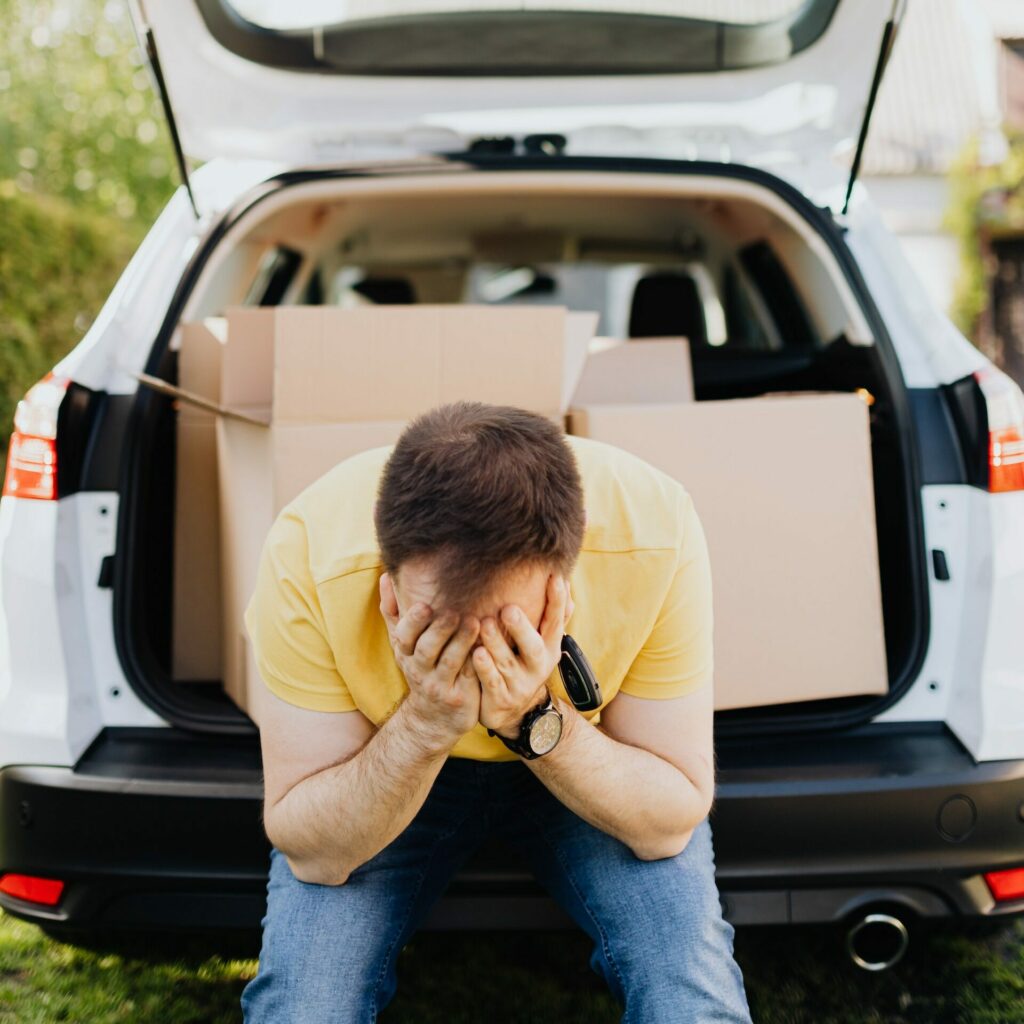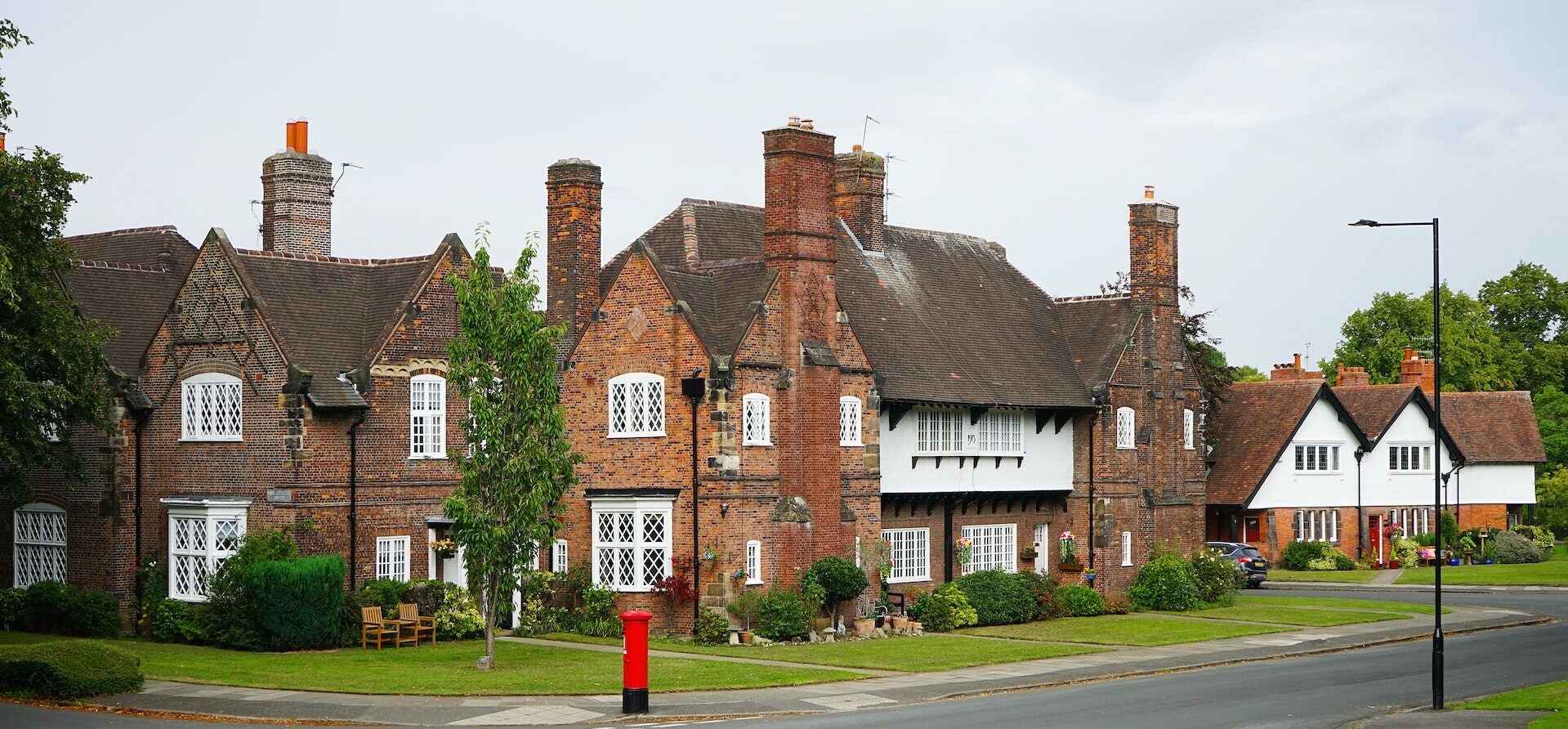How to choose a rental property you will love: 5 Key Advice for renters
A rental home may not belong to you. But it is where you will wine and dine for as long as you will need it. So, knowing how to choose a rental property that’s appropriate for you, whether you’re a first-time renter or an experienced tenant is paramount.
However, finding the ideal rental house is not an easy task. It requires balancing several aspects such as location, facilities, and personal preferences. Nevertheless, by adopting a methodical approach and evaluating all of your demands, you might locate a property that matches your expectations.
Here’s a comprehensive list of things renters should look for in a rental property. In this guide, you will also find tips and considerations that will help you make an inspired choice for your temporary fort.
Basic things to look for in a rental property
1. Location and neighbourhood:
- “Is the rental property at a convenient location?”
Think about how close the rental property is to your place of employment, school or college, grocery stores, public transit, and other places you frequent. This can have a significant influence on your daily commute, time and overall quality of life.
- “Is it secure and welcoming?”
Investigate the crime rate in the neighbourhood and gain an understanding of what it’s like. Talking to existing residents, visiting at different times of day, and checking internet reviews about the location you are picking are all effective ways to accomplish this.
- “Are there any nearby facilities?”
To ensure that the neighbourhood matches your lifestyle, consider the availability of neighbouring facilities such as parks, restaurants, shopping centres, and various options for entertainment.
2. Property condition
- “Is the rental property well-kept?”
Look for indicators of wear and tear and inquire about the landlord’s maintenance policies. It is best to look for any well-being or safety issues, such as moulds or insufficient lighting.
- “Have any recent renovations or upgrades transpired?”
Feel free to inquire about any recent property improvements or enhancements to obtain a sense of the landlord’s dedication to maintaining the property in good condition. Also, this will give you whether the rental home will be welcome and be trouble-free for the foreseeable future.
- “Is there sufficient storage capacity?”
Make sure the home has enough space for your possessions and always take your storage needs into account. It’s also worth noting that having too much storage space might be a waste of precious square footage. So have a rough forecast of your future plans, and choose a rental that would accommodate any changes.
3. Amenities
- “Does the property provide enough amenities?”
It can be a hassle when you can’t find all your needs under one roof. So, check to see if the house includes key utilities like a refrigerator, stove, and oven to ensure you have all you need for everyday living.
- “Do you have on-site parking?”
When considering a rental property, it’s important to ensure that you have a safe and secure place to park your car. On-site parking and associated costs should be part of your inquiry. If a garage is available, it provides an added level of protection for your vehicle.
- “Is there an outdoor area available?”
If you prefer to spend your time outside, a home without an outside space may not be for you. Consider if you require access to an outside area, such as a balcony or patio, and whether the rental property has this sort of space.
While these are some of the basic things you may look for in a rental property, there are a few other things that are a ‘must-check’. Here’s the list.
4. Lease terms
- “Can the lease term be extended?”
It’s always best to read those papers before you sign them. It’s not like the Terms & Conditions you close your eyes and tick off online to skip the process. You should consider the duration of the lease and if it meets your demands. Some rentals have month-to-month lease periods, whilst others need a longer commitment.
- “Are there any sub-leasing restrictions?”
What the landlords may not always tell you about are the hidden restrictions. It varies from landlord to landlord. Some may have the restrictions clearly written or verbally explained. Some may not. Hence it is best to inquire about any limitations on subleasing the property.
Wondering why you must consider sub-leasing as a benefit in your lease terms? Here are some key points to keep in mind about sub-leasing.
- Flexibility
If you’ll be away from your rental home for an extended amount of time, subleasing allows you to maintain your place and return to it when you’re ready, rather than having to entirely move out and find a new place.
- Cost-saving
It’s a terrific strategy to cut costs to sublet your rental property to someone else while you’re gone to assist with the rental payments.
- Two-way benefits
Subleasing can be advantageous to both the tenant and the subtenant since it enables the tenant to maintain their rental property while earning revenue and provides the subtenant with housing without requiring them to sign a long-term lease.
- “Are there any limitations in the pet policy?”
Not all landlords can be pet friendly. If you have a pet and you want to share your home with them, then this is a crucial thing to look for in a rental property. Ensure you inquire whether the property has a pet policy and whether it meets your needs.
5. Bills, rent and utilities
- “How much does it cost each month?”
To have a clear picture of your monthly expenditures, you should examine not only the monthly rent paid for the property but also the cost of any supplementary utilities such as electricity, gas, and water.
Find out whether utilities are included in the monthly rent or whether they must be paid separately. Although it may sound like minor information, it adds weight to your overall bill.
- “Does the rent fit into my budget?”
As luxurious as it may seem when you are about to choose your rental property, being wise is never a choice. Before you pick a rental property for any other reasons, ensure that the monthly rent is within your budget. Calculate your allowances for other living expenditures such as food, transportation, and entertainment.
What to do if you want to own the house you are renting?

Sometimes it just happens, we can all fall in love. Even with our rental property too. But what happens then? Should you be sad that you can’t have it for yourself? Are there other options?
Adjoin allows you to buy the property you are renting (learn more about rent-to-own here). And it is totally up to you whether you want to do so or not.
If you choose not to buy the property, then renting with Adjoin is just like any other normal tenancy. But if you choose to buy the property instead, then it’s yours and no one else can jump the queue, you are the first and only one in line!
Sounds good? Then register here or email us at [email protected].
